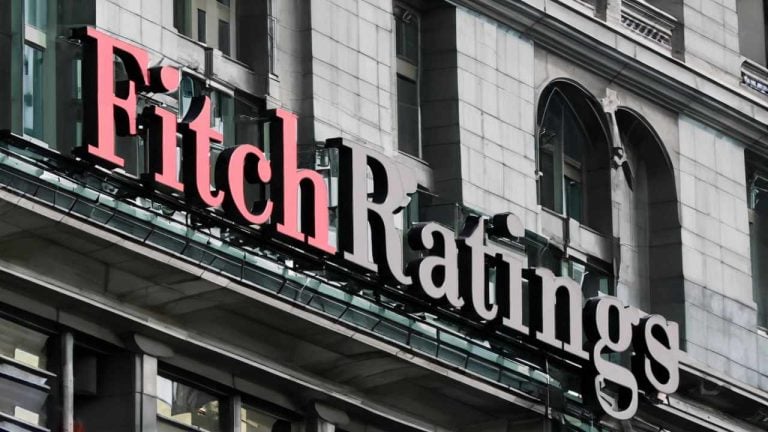
Although the U.S. has averted defaulting on its debt obligations, Fitch Ratings still has concerns about the country’s ability to repay its debt. As a result, the credit rating agency has placed the U.S. “AAA” rating on negative watch, emphasizing that recent events have lowered “confidence in governance on fiscal and debt matters.”
Fitch Ratings Still Has Concerns About the US
Fitch Ratings, one of the three largest credit rating agencies in the U.S., announced on Friday that the United States’ “AAA” credit rating remains on “negative watch” despite the recent debt limit agreement reached in Congress. The other two major rating agencies in the U.S. are Moody’s Investors Service and Standard & Poor’s.
The U.S. avoided having to default on its debt obligations after Congress passed a bill Friday to suspend the debt limit until Jan. 1, 2025. Without the agreement reached in this bill, the country could default on its debt obligations on June 5, according to Treasury Secretary Janet Yellen.
“The suspension of the debt limit was in line with Fitch’s expectations and the United States’ ‘AAA’ sovereign rating,” the rating agency noted. However, the company explained:
Repeated political standoffs around the debt-limit and last-minute suspensions before the x-date (when the Treasury’s cash position and extraordinary measures are exhausted) lowers confidence in governance on fiscal and debt matters.
“In fact, there has been a steady deterioration in governance over the last 15 years, with increased political polarization and partisanship as witnessed by the contested 2020 election, repeated brinkmanship over the debt limit and failure to tackle fiscal challenges from growing mandatory spending has led to rising fiscal deficits and debt burden,” Fitch continued.
While noting that its U.S. rating is supported by the country’s “exceptional strengths, including the size of the economy, high GDP per capita and dynamic business environment,” Fitch detailed:
The U.S. dollar is the world’s preeminent reserve currency, which gives the government unparalleled financing flexibility. Some of these strengths could be eroded over time by governance shortcomings.
Multiple people have warned that the debt crisis could erode the U.S. dollar’s dominance, including veteran investor Jim Rogers and economist Peter Schiff. However, some insist that the USD will remain the world’s reserve currency, including Moody’s. The rating agency said last month that the U.S. dollar will remain the dominant currency in international trade and finance for decades to come, despite new challenges.
What do you think about Fitch Ratings’ concerns? Let us know in the comments section below.











